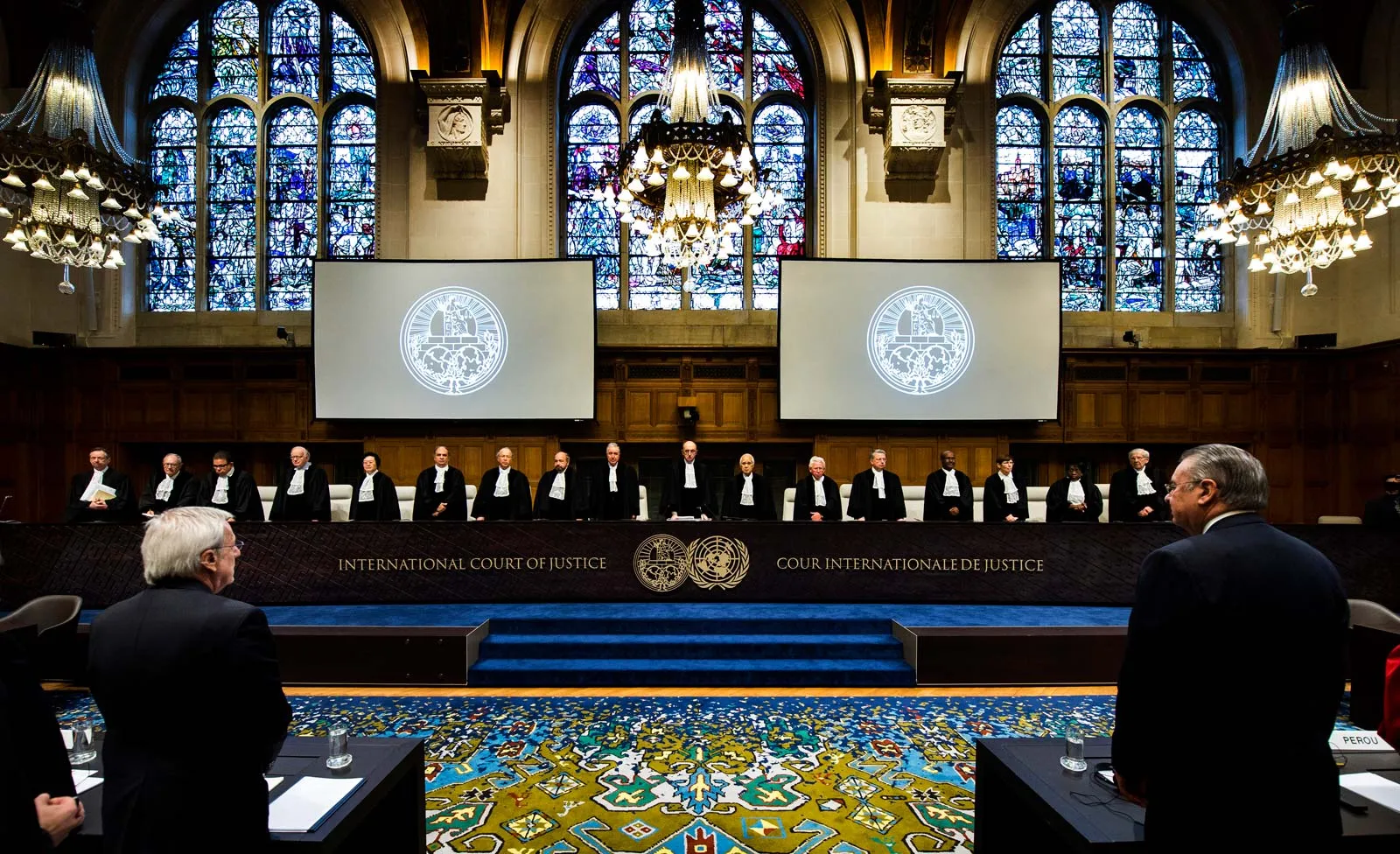Pope Francis, currently recovering from pneumonia in a hospital, issued a heartfelt call for an end to war and a deeper reflection on the power of words in a letter published by Italy’s leading newspaper, Corriere della Sera, on Tuesday. The 88-year-old pontiff, who has been undergoing treatment since mid-February, used the letter, dated March 14, to urge calm and responsible journalism at a time of global turmoil.
In his message, Pope Francis emphasized the importance of thoughtful and impactful language, stressing that words carry immense power and should not be taken lightly. He wrote, “They are never just words: they are facts that build human environments. They can connect or divide, serve the truth or manipulate it.”
He further called for a “disarmament of words” to help foster peace and understanding. “We must disarm words, to disarm minds and disarm the Earth,” he said, underscoring the need for reflection, calmness, and an appreciation of complexity in addressing global challenges.
The Pope highlighted the destructive consequences of war, noting that it only devastates communities and the environment, offering no real solutions to conflict. He urged that diplomacy and international organizations be revitalized to restore their credibility and effectiveness.
While reflecting on his own fragile health, Pope Francis added, “In this moment of illness… war appears even more absurd.” He expressed that human vulnerability brings clarity about what truly matters in life and what destroys it. He further stated that peace requires “commitment, work, silence, words.”
Pope Francis’s hospitalization, the fourth of his papacy, began on February 14 at Rome’s Gemelli hospital. Although his health faced critical moments, particularly with breathing difficulties that raised concerns, his doctors have now confirmed that his condition is stable. The Vatican reported that the Pope is now spending short periods breathing on his own, a positive sign in his recovery.
In the past two weeks, Pope Francis has been using an oxygen mask at night and a nasal cannula during the day, with recent adjustments to a reduced oxygen flow. Despite his health challenges, he has continued to carry out his duties when possible, balancing his work with moments of rest and prayer.

















